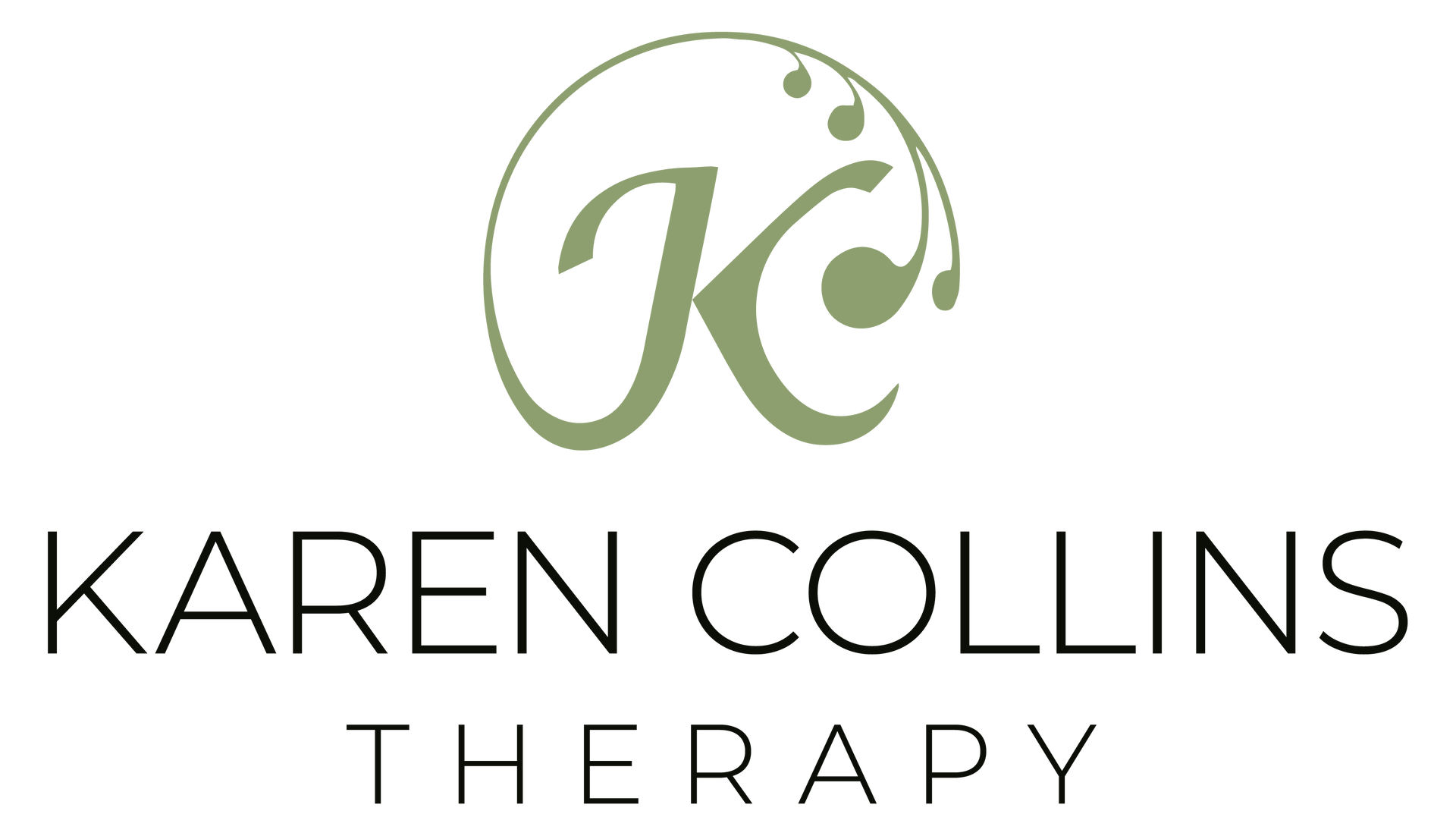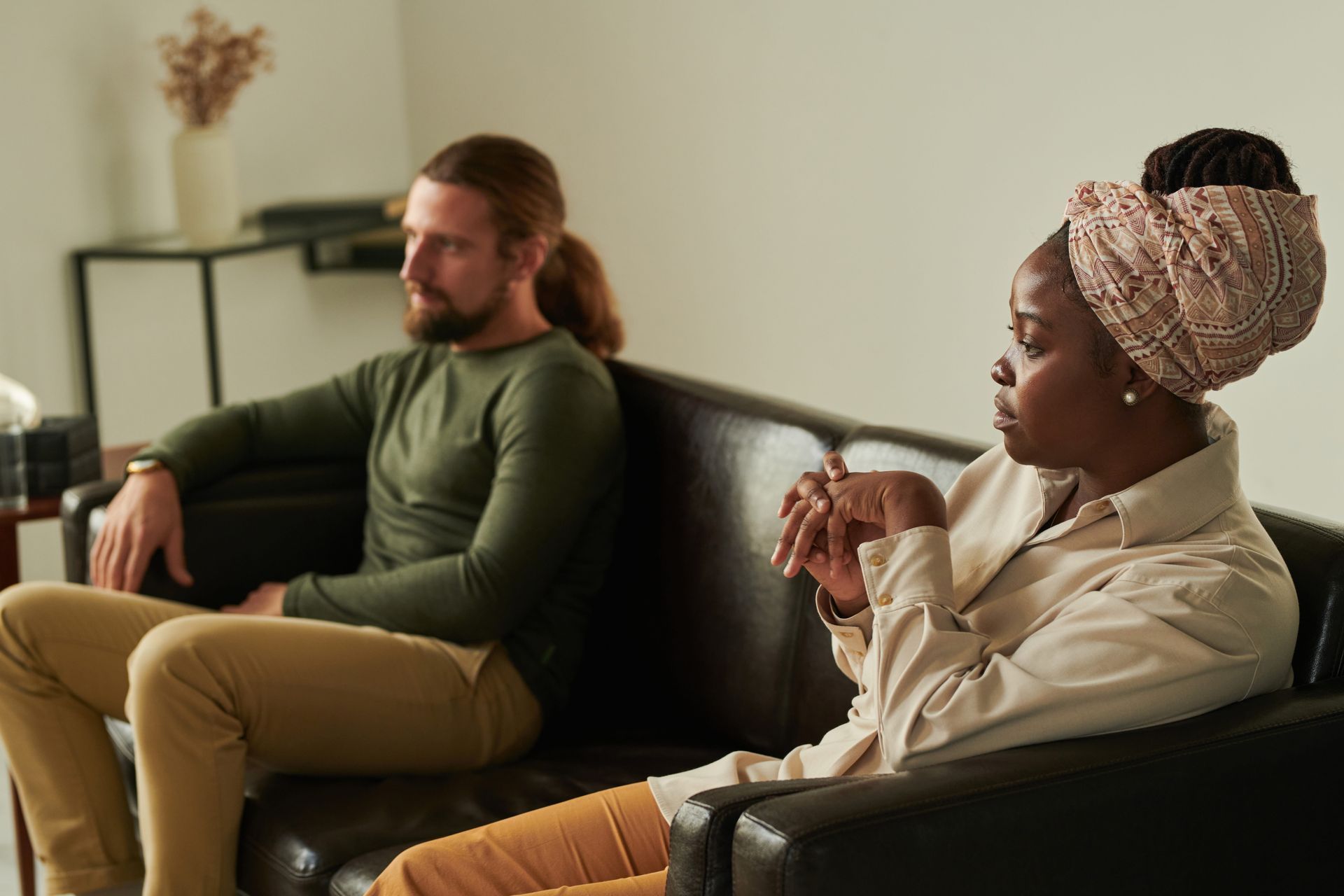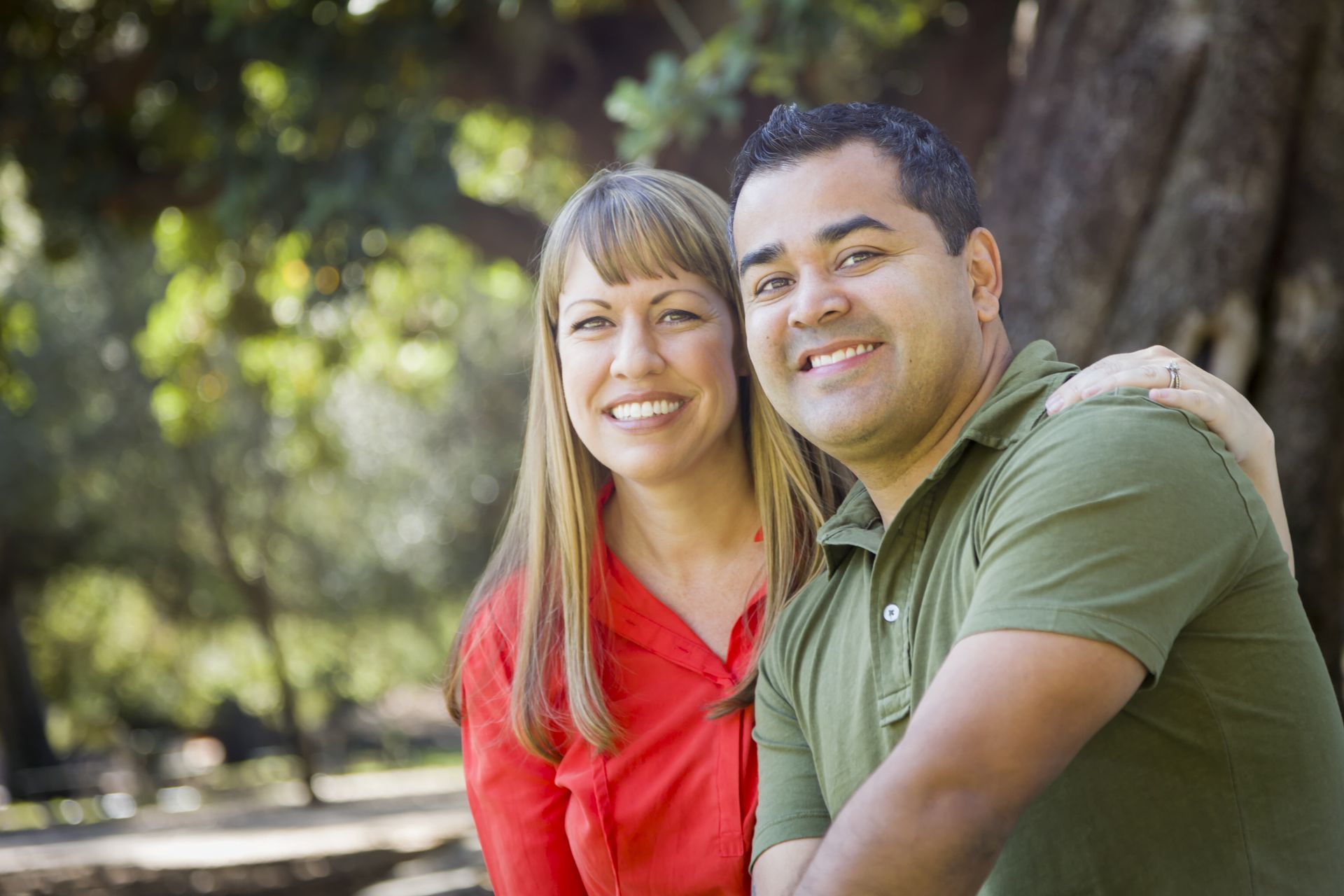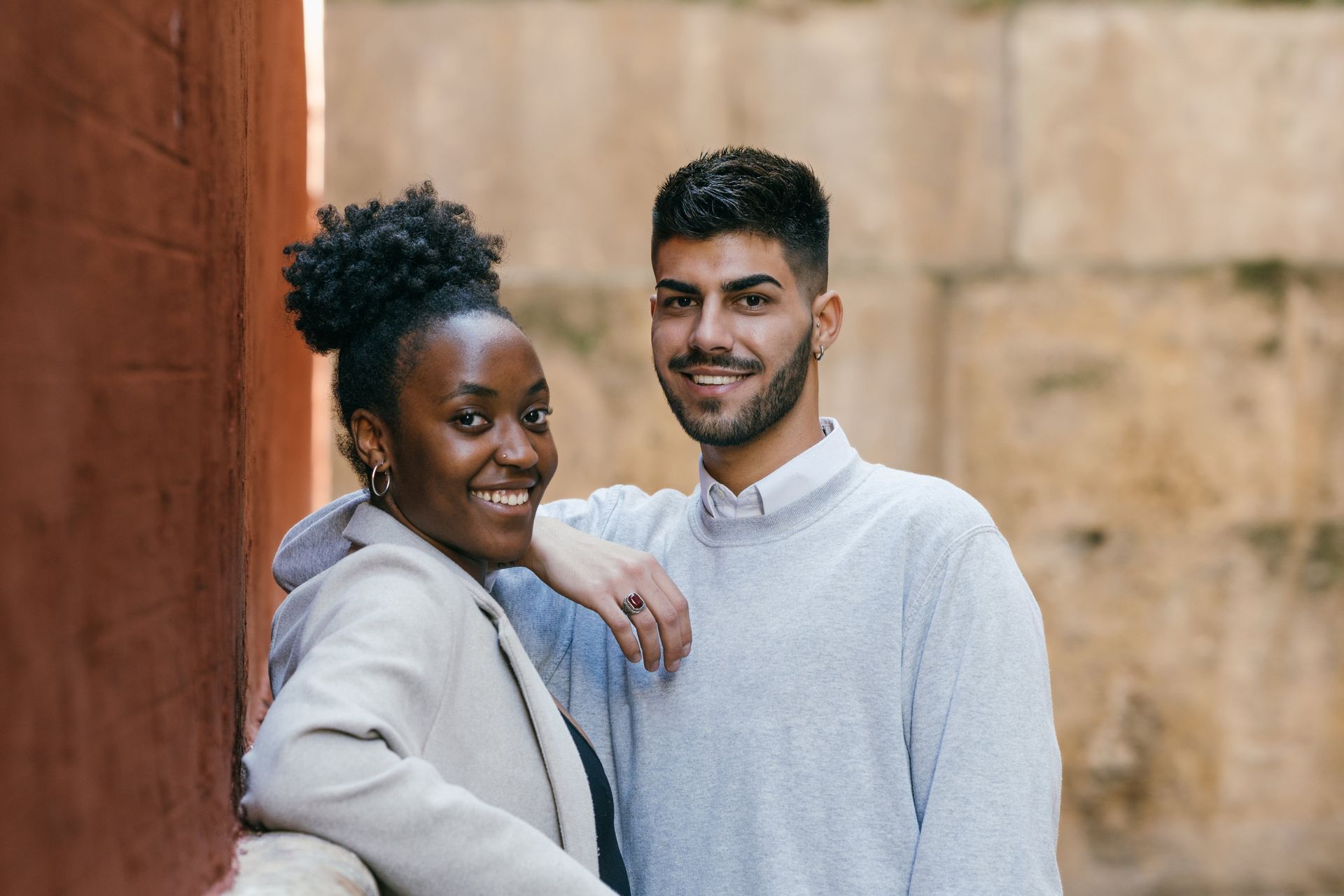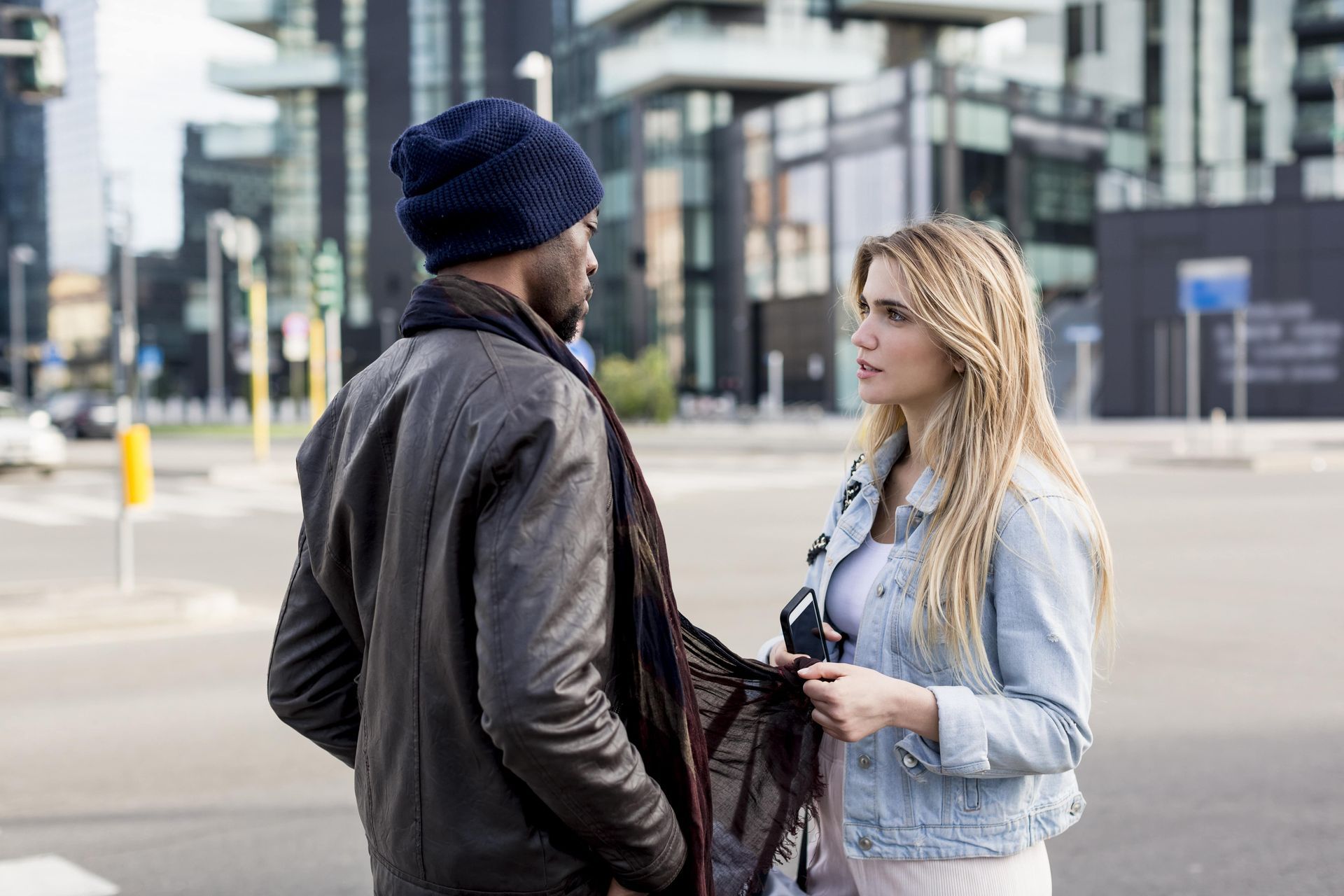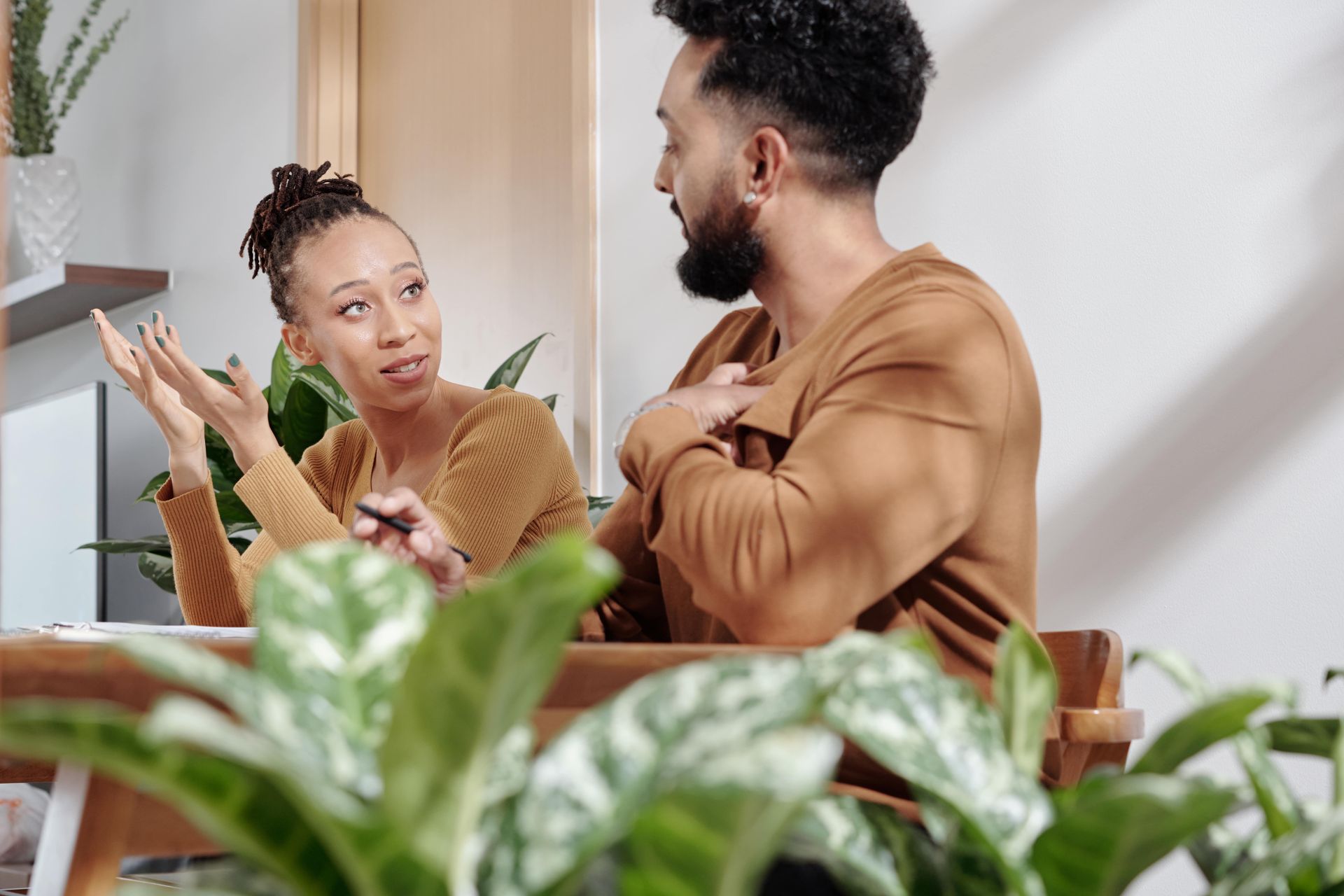Relationship Counseling Questions
In the journey of every relationship, moments arise when communication, understanding, and intimacy can become challenging. Whether you’re just starting a relationship or have been together for years, seeking counseling can be a powerful step toward healing, growth, and deeper connection.
One of the most transformative aspects of relationship counseling is the ability to ask the right questions, questions that help you and your partner better understand each other, uncover hidden feelings, and address unresolved issues.
Below are some essential relationship counseling questions that can serve as tools to foster open dialogue, rebuild trust, and nurture intimacy.
1. What do we want from this relationship?
This question might seem basic, but it’s often the foundation of productive relationship counseling. By openly discussing your hopes, goals, and needs, you and your partner can ensure that you’re aligned in your intentions. Are you looking to build a future together, or simply reconnect? Understanding your shared or differing desires provides clarity and sets the stage for meaningful progress.
2. What do we each feel is missing in the relationship?
Often, what one partner perceives as a problem, the other may not notice. By discussing what you each feel is lacking, whether it’s emotional connection, intimacy, or communication, you can start identifying the areas that need the most attention. This is not about assigning blame but creating a safe space to express needs and listen without judgment.
3. How do we handle conflict?
Every couple faces disagreements, but the way conflict is managed can make or break a relationship. Do you argue frequently, avoid issues, or compromise? Talking openly about how you both handle stress, anger, or frustration is crucial to developing healthier ways to resolve conflict. A counselor may guide you through identifying patterns and finding strategies to communicate more effectively.
4. What are our individual triggers, and how can we better support each other during difficult times?
Understanding each other’s emotional triggers, whether rooted in past experiences, insecurities, or current stresses, can reduce conflict and foster compassion. Acknowledge the moments when you or your partner feel vulnerable and discuss how you can support one another rather than reacting defensively. This can deepen empathy and connection.
5. How can we improve our communication?
Effective communication is the lifeblood of any successful relationship. Whether it’s about everyday matters or deeper emotional needs, talking to one another in a clear and loving way can transform your relationship. Discuss the ways in which communication breaks down between you. Do you feel unheard or misunderstood? Are there topics that are too difficult to bring up? Developing communication tools, such as active listening or “I” statements, can make a huge difference.
6. What makes us feel loved, valued, and appreciated?
Everyone experiences love differently. Understanding your partner’s love language, whether it’s acts of service, words of affirmation, quality time, physical touch, or gifts, helps ensure that you’re showing love in a way that resonates with them. Ask each other what gestures or behaviors make you feel most appreciated and cared for. It’s a simple way to rekindle connection and show ongoing commitment.
7. What are our individual boundaries, and how do we respect them?
Boundaries are essential in maintaining a healthy relationship. They represent limits that help protect each partner’s well-being and sense of self. Ask each other what boundaries are important and how you can ensure they are respected. It’s important to understand that boundaries are not about keeping your partner out, but about creating a framework for mutual respect and understanding.
8. What are the biggest challenges we face as a couple, and how can we tackle them together?
Relationships are not without their struggles. Whether it’s financial stress, differing life goals, or family pressures, identifying your biggest challenges as a couple allows you to work as a team to address them. Rather than seeing each other as adversaries, this approach fosters collaboration and shared problem-solving.
9. How can we bring more joy and playfulness into our relationship?
While relationships require effort and commitment, they should also bring joy, fun, and lightness. Ask each other what activities, rituals, or experiences can bring more playfulness into your relationship. Laughter and shared fun can help relieve tension and remind you both of why you fell in love in the first place.
Final Thoughts
Relationship counseling is not only for couples in crisis, it can benefit any relationship by offering a space for honest, open conversation and growth. By asking thoughtful, meaningful questions, you and your partner can gain deeper insight into each other’s hearts and minds.
These questions serve as a starting point for building stronger emotional bonds, increasing intimacy, and fostering long-term happiness.
Whether you’re seeking to heal, grow, or simply strengthen your connection, these questions can be your guide toward a more harmonious and fulfilling partnership. Remember, the key to lasting love is ongoing communication, mutual respect, and a shared commitment to evolving together.
If you’re ready to strengthen your relationship, improve communication, and build a deeper connection with your partner, Karen Hamilton is here to help. With compassionate guidance and personalized counseling, Karen can support you in navigating the challenges you face together.
Reach out today to schedule a session and take the first step toward a more fulfilling and harmonious relationship.

